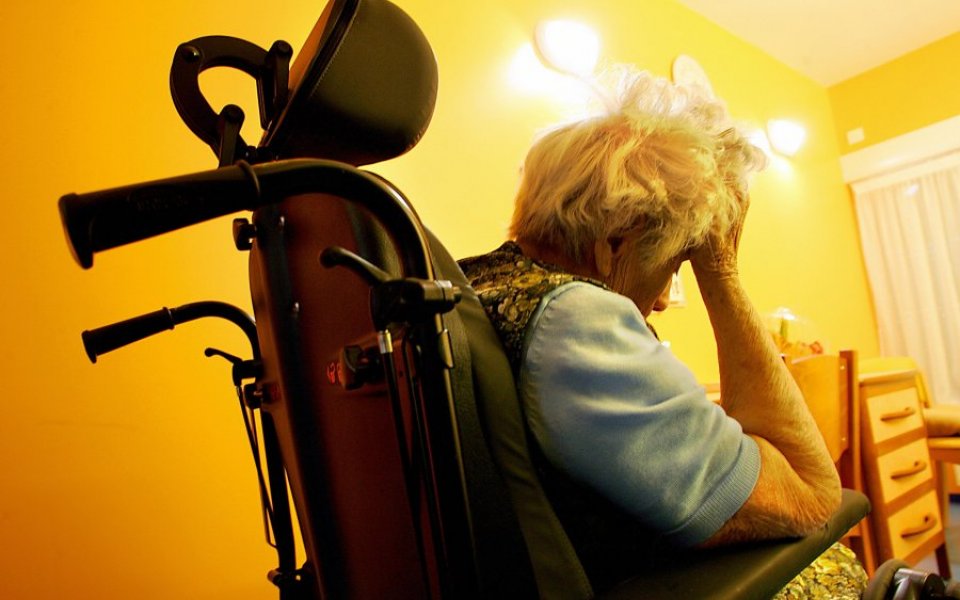Alzheimer’s risk can be predicted by your ability to navigate through a virtual maze

Scientists believe they can use virtual reality to predict a person's risk of developing Alzheimer's, decades before the disease actually begins.
By testing how well a group of people in their 20s were able to navigate their way around a computerised maze, they found that those with a known genetic link to Alzheimer's found the task more difficult.
In particular, they noticed the brain's GPS cells – the ones responsible for helping us find our way around – were less active in the high-risk people. Details of the study are published in the journal Science.
Read more: Common link between Alzheimer's and schizophrenia found
The researchers, who carried out the test at the German Centre for Neurodegenerative Diseases in Bonn, say this finding could help the development of treatments and preventative measures that can be put in place even before a person shows any internal signs of the disease.
Alzheimer's is a form of dementia, characterised by a gradual decline in mental ability. One of the major symptoms is memory loss. There are currently an estimated 500,000 sufferers of the disease in the UK.
"Our results could provide a new basic framework for pre-clinical research on Alzheimer's disease and may provide a neurocognitive explanation of spatial disorientation in Alzheimer's disease," the researchers said in the report.